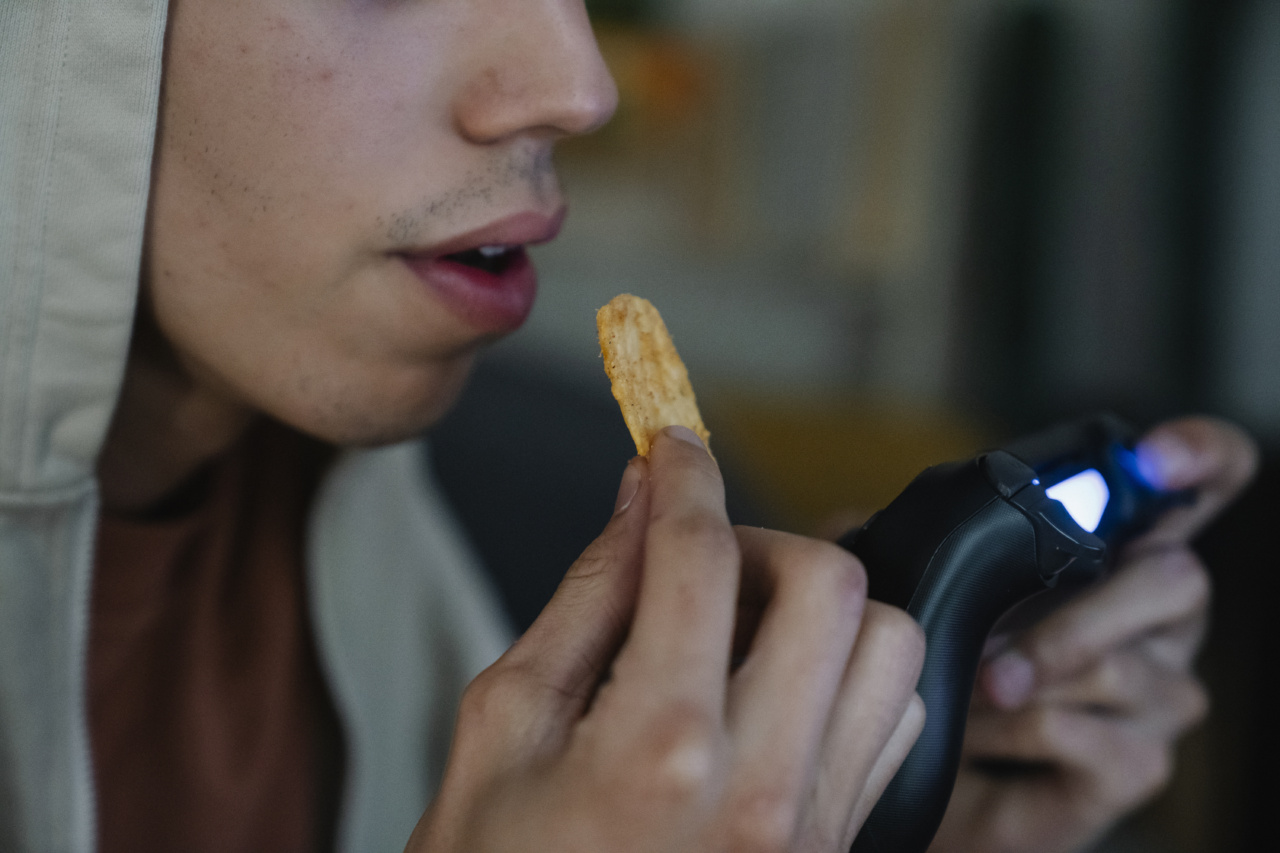Who can resist the crispy, salty pleasure of a potato chip? They’re a quintessential American snack, and many of us have strong cravings for them. But have you ever wondered why that is? What is it about potato chips that makes them so addictive?.
The Role of Salt
One of the main reasons that potato chips are so addictive is their high salt content. Our bodies naturally crave salt because it is an essential nutrient that helps regulate our fluid levels and electrolyte balance.
However, our bodies do not require as much salt as we tend to consume. The average American consumes far more salt than they need, and potato chips are a major contributor to this excess.
When we eat salty foods like potato chips, our brains release dopamine, a neurotransmitter that plays a key role in the pleasure and reward center of our brains.
This flood of dopamine creates a sense of pleasure and satisfaction, which can make us crave more salty foods.
The “Crunch” Factor
Another factor that makes potato chips so addictive is their satisfying crunch. We are hardwired to enjoy crunching and chewing, as it is a natural way of releasing tension and stress.
Potato chips provide a perfect outlet for this behavior because they are crisp and crunchy, which can be very satisfying to bite into. This combination of texture and taste can be a powerful motivator for continued consumption.
The Role of Fat
Potato chips are also high in fat, which can contribute to their addictive properties. Fat is another essential nutrient that our bodies need to function properly, but like salt, it is easy to overconsume.
When we eat fatty foods, our brains release endorphins, which create a sense of pleasure and relaxation. This can also contribute to cravings for potato chips and other fatty foods.
The Addictive Nature of Processed Foods
Potato chips are a highly processed food, which means they have gone through extensive manufacturing and processing to create their crispy, crunchy texture.
Processed foods often contain high levels of sugar, salt, and fat, as well as artificial flavors and colors, which can all contribute to cravings and addiction.
Processed foods are designed to be highly palatable and easy to consume, which can make it difficult to stop eating once you start.
The combination of appealing taste, texture, and convenience can create a perfect storm of addiction that is difficult to resist.
The Impact of Marketing and Advertising
Finally, the marketing and advertising of potato chips and other unhealthy snacks can also contribute to their addictive properties.
Companies spend millions of dollars every year on advertising campaigns that are designed to make their products seem irresistible. From catchy jingles to appealing packaging, these advertisements can create a sense of desire for the product that can be hard to shake.
In addition, potato chips and other unhealthy snacks are often positioned as a “treat” or a “reward” for hard work or good behavior.
This can create a psychological association between the consumption of these foods and positive emotions, which can also contribute to cravings and addiction.
Breaking the Addiction
If you are struggling with a potato chip addiction, there are several strategies you can try to break the cycle:.
- Limit your consumption of processed foods and replace them with whole, nutrient-dense foods like fruits, vegetables, and lean proteins.
- Reduce your intake of salt by cooking with herbs, spices, and other natural flavorings instead.
- Find alternative snacks that satisfy your cravings for crunch and flavor, such as popcorn, rice cakes, or carrot sticks with hummus.
- Practice mindful eating by paying close attention to your hunger and fullness cues, and slowing down your eating pace to savor each bite.
- Seek support and accountability from friends, family, or a licensed healthcare professional.
Conclusion
Potato chips are a highly addictive snack that can be difficult to resist.
Understanding the science behind this addiction can help you make more informed choices about your food consumption, and take steps toward breaking the cycle of cravings and overconsumption.































